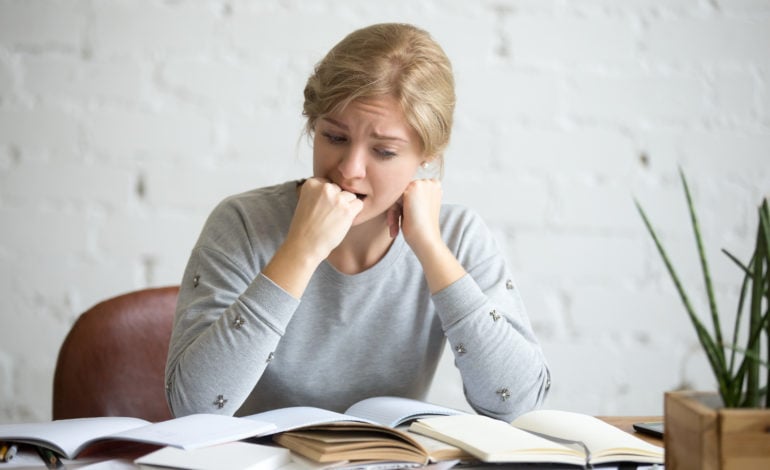According to the Center for Disease Control, over 25% of Americans report feeling more depressed during the winter season. The emotional strains of the holidays and winter weather take a grave toll – during the months of December and January, the CDC also reports that alcohol-and-drug-induced deaths spike during those months as well.
For many, winter is a very challenging season as it brings cold, gloomy weather, shorter days, longer nights, less sunshine, and not to mention the holidays that just passed. While many enjoyed the holidays, they were not joyous for everyone. In fact, for many, the holiday season along with the winter months can bring feelings of grief, strained familial relationships, loneliness, and financial hardship. All these things associated with winter can potentially cause harm to someone’s mental health and may even result in a strong desire to use alcohol or drugs to cope with these long winter months.
Seasonal affective disorder
Depression during the winter comes in many forms; the first one is known as seasonal affective disorder. Seasonal affective disorder (SAD), also known as winter depression, occurs in the darkest months of the year (fall and winter) when individuals exhibit signs and symptoms of depression due to lack of sunlight, specifically morning sunlight.
Seasonal depression disorder (SAD) is a mental health disorder in the DSM-V that is characterized by debilitating sadness and low mood affecting an individual’s daily living during the winter months. SAD usually begins in the fall, piques in the winter, and eventually improves and resolves in the spring. Symptoms are more pronounced for those residing in the Pacific Northwest and the Northeast, where there is not as much sunshine and where grey skies are prominent four to six months out of the year. SAD is different from major depressive disorder (MDD) as major depressive disorder occurs throughout the year and does not depend on seasonal change.
Symptoms of seasonal affective disorder include the following:
Overeating or binge eating
Craving complex carbohydrates
Weight gain
Difficulty sleeping
Depressed mood most of the day, nearly every day
Loss of interest in activities you typically enjoy
Withdrawal and isolation from loved ones
Inability to focus and concentrate on work performance and household tasks
Lethargy and fatigue
Hopelessness
Suicidal thoughts
Treatment for seasonal affective disorder includes lightboxes, antidepressants, dawn simulators, and lifestyle modifications.
The effects of depression can be detrimental on many levels and may be a contributing factor to the rise in alcohol and drug-related deaths during the winter season. Research has found that there is a strong link between the overconsumption of alcohol and depression.
However, hope is not lost. At Akua, Mind & Body we are here 24/7 and we can help.
About AKUA Mind and Body
AKUA Mind and Body is a full-service mental health and addiction treatment program that offers a wide range of “east meets west” treatment modalities for various populations across California. AKUA makes your recovery a priority, not only during the holiday and winter season but throughout the entire year. AKUA Mind & Body treats co-occurring disorders and works diligently with each client and their family to ensure that treatment is specifically tailored to their needs and not just their disorder. In addition, AKUA Mind & Body offers detoxification, residential treatment programs, and a wide array of outpatient treatment programs. Regardless of where you are in your recovery process, we want to help.




